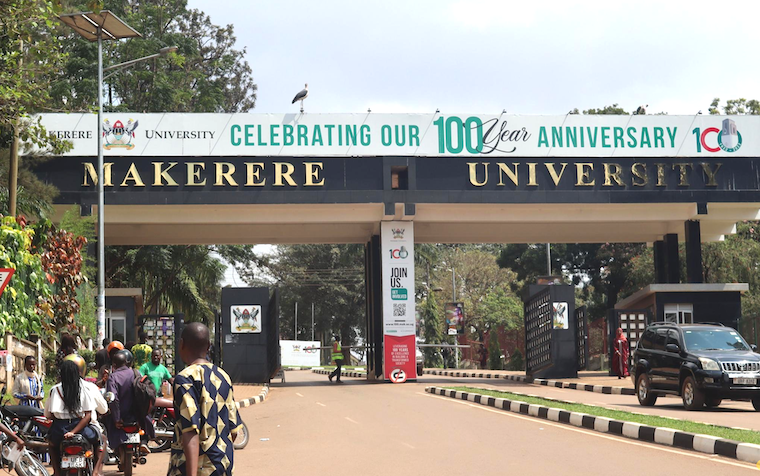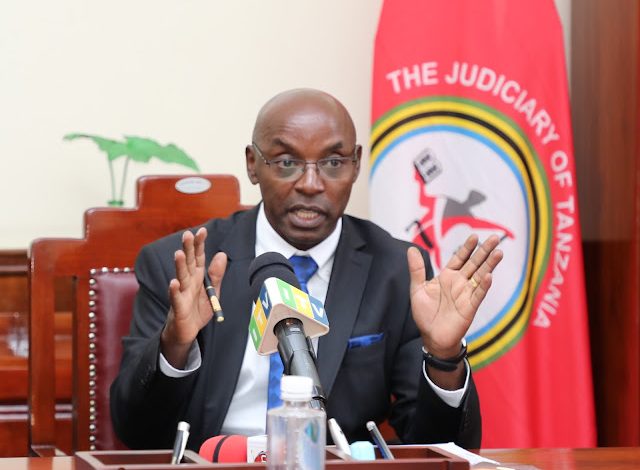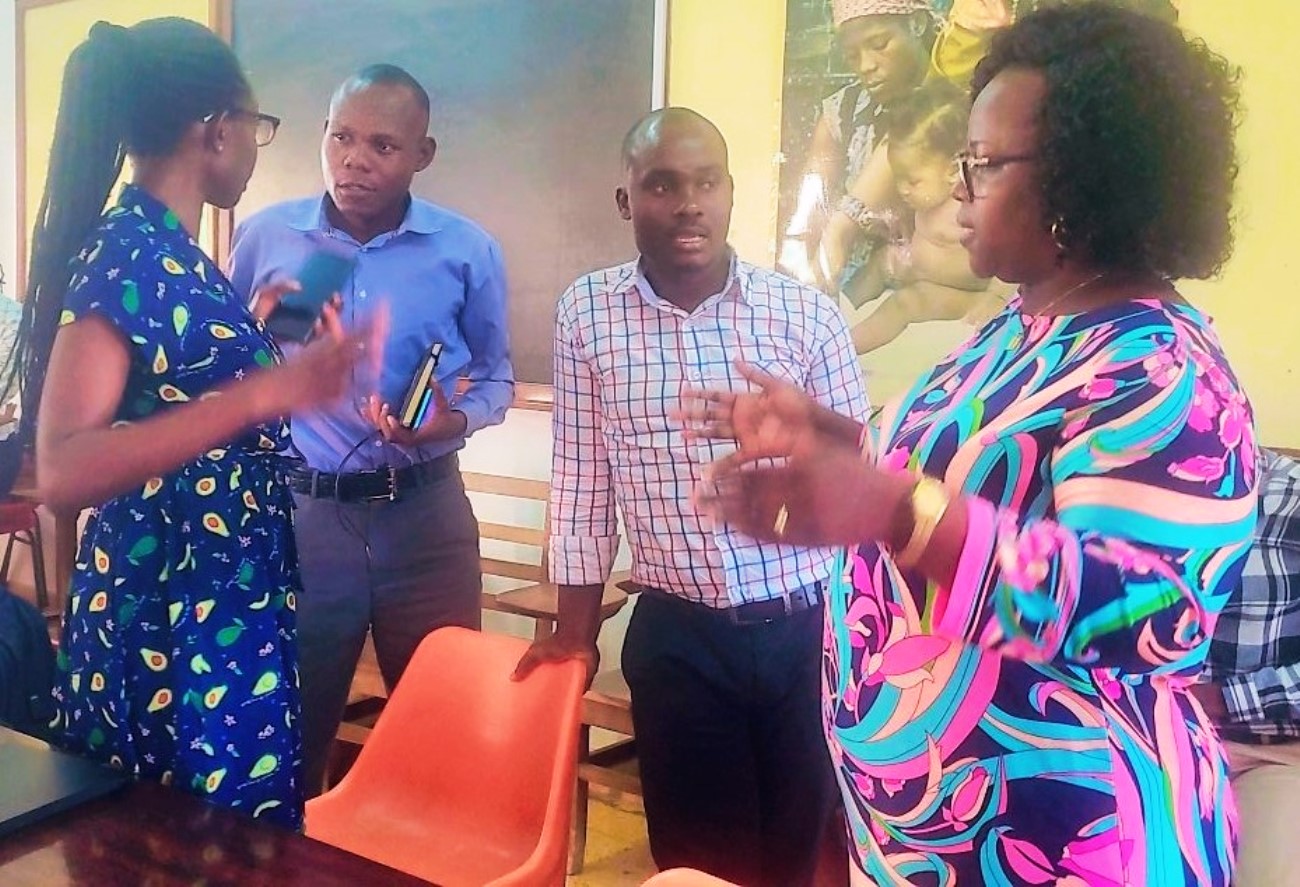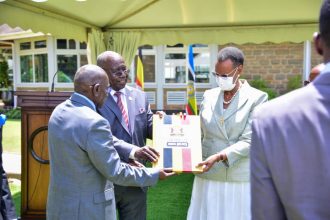Makerere University, Uganda’s oldest and largest public university, is currently facing significant challenges due to acute understaffing, with approximately 1,700 critical positions remaining vacant, according to university authorities.
Speaking before the Parliament’s education committee, Prof. Umar Kakumba, Deputy Vice-Chancellor in charge of Academics, highlighted that the institution’s academic performance has been declining over the years, partly due to escalating understaffing issues.
Prof. Kakumba revealed that despite the approved number of professors being 419, only 78 are currently employed, and out of the approved 433 associate professor positions, only 155 are filled. Similarly, significant gaps exist in other academic positions, with shortages in senior lecturers, lecturers, and assistant lecturers.
The understaffing situation has impacted Makerere’s academic department, with a staffing gap of 1,720 employees, representing 55 percent of the required workforce.
Furthermore, the university is facing challenges in the Science, Technology, Engineering, and Mathematics (STEM) disciplines due to a shortage of technicians. This shortage has led to the suspension of accreditation for Makerere’s veterinary medicine graduates and posed a threat to the accreditation of medical school graduates.
Addressing the urgent need for technicians, Prof. Kakumba emphasized the requirement to recruit 258 technicians, with an estimated annual wage implication of Shs8.8 billion. Additionally, there is a need for a wage requirement of Shs4.34 billion for the promotion of 184 academic staff.
In response to these challenges, legislators on the education committee emphasized the necessity for immediate action from the government to support public universities in ensuring quality higher education. They expressed concerns about the recurring challenges faced by public universities, warning of potential consequences on the quality of graduates and the credibility of the education sector.
The Ministry of Finance has scheduled a meeting with the top management of all public universities to discuss increasing budget allocations to higher education institutions.




















